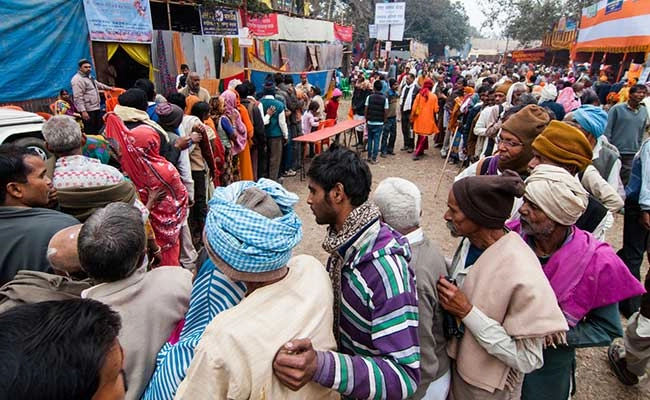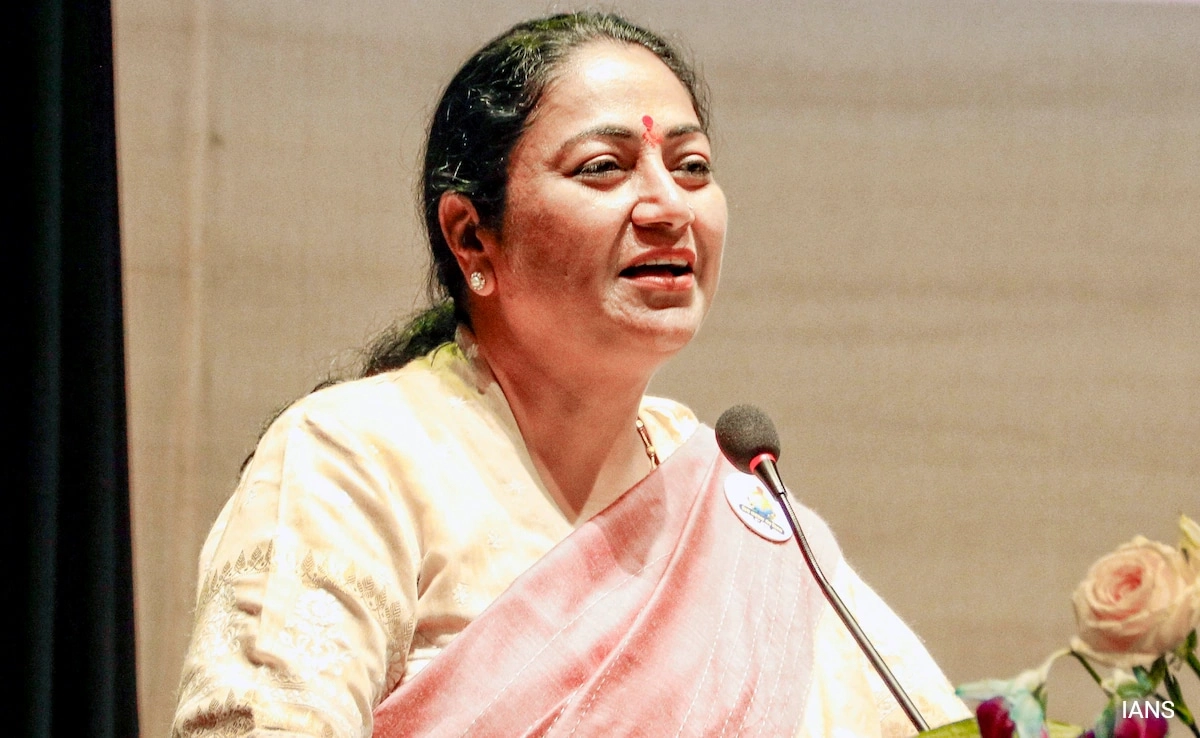The Bar Association has raised concerns regarding the recent swearing-in of Justice Varma, characterizing the event as having occurred in a “clandestine manner.” This description suggests that the process lacked transparency and openness, which are fundamental principles in the judicial appointment and confirmation processes. The Bar Association’s critique indicates a growing unease among legal professionals about the integrity of judicial appointments, emphasizing the need for practices that uphold public trust in the judicial system.
The term “clandestine” implies that the ceremony did not follow the customary protocols typically associated with such significant events. The Bar Association’s apprehension may stem from the belief that secretive actions undermine the legitimacy of the judiciary. In many democratic societies, the process of appointing justices is expected to be conducted with transparency to ensure accountability and public confidence in the judiciary. By bypassing established norms, the administration of Justice Varma’s oath raises questions about the motivations behind such an approach and its potential implications for the rule of law.
Furthermore, this situation highlights a broader issue regarding the relationship between the judiciary and the executive branches of government. If appointments are perceived to be made behind closed doors, it can lead to suspicions of political influence or favoritism, which can erode the independence of the judiciary. The Bar Association’s remarks may serve as a call to action for reforms aimed at ensuring that judicial appointments are made through a process that is both transparent and equitable. Such reforms would help restore faith in the judicial system, reinforcing the principle that the judiciary serves as an impartial arbiter of justice, free from outside pressures or undue influence.
As this situation develops, it will be important for various stakeholders, including legal professionals, civil society, and the government, to engage in dialogue about the standards and practices that govern judicial appointments. Ensuring that future appointments are conducted transparently will be crucial for maintaining the credibility of the judiciary. The Bar Association’s concerns should be taken seriously, as they reflect a significant interest in preserving the integrity of the legal system and protecting the rights of citizens. The implications of this incident could lead to broader discussions on how to safeguard judicial independence and uphold the principles of democracy within the legal framework.




